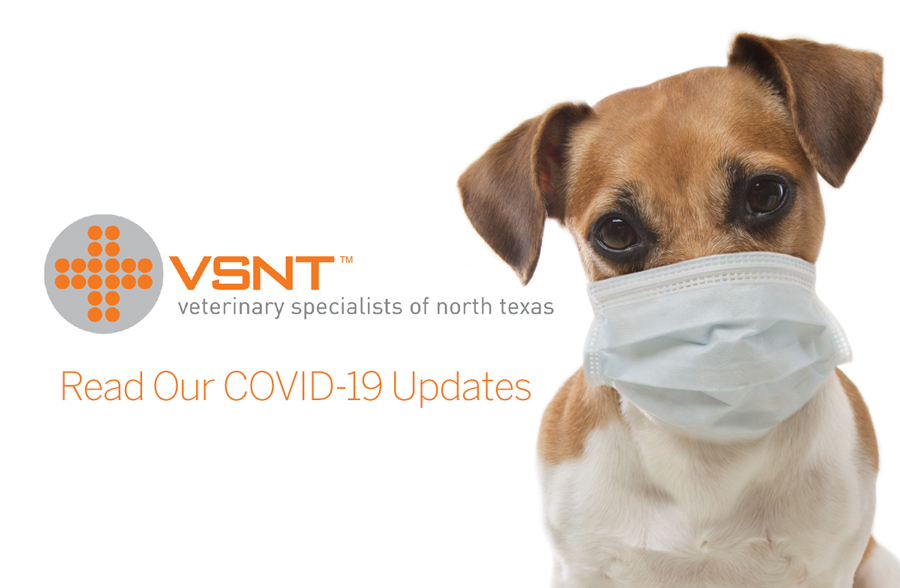
Companion Animals and COVID-19
ONGOING RESEARCH
There is more and more information about SARS-CoV-2 and animals coming out often – almost on a daily basis! Many papers being released to the internet as prepublications, meaning they have not been peer-reviewed. For that reason, a lot of information is out there, but as it is new, and untested, it is hard to know how much information is accurate.
GOOD NEWS!
The good news is, that as far as animals are concerned, COVID-19 is still a human disease. It appears that livestock including chickens, pigs and ducks do not get infected, nor do they transmit the disease. More dogs and cats have been studied in households with people that have COVID-19. Although the numbers actually tested are small, few of the pets have tested positive.
WHAT SHOULD WE CONCLUDE FROM THIS INFORMATION?
- First, do not panic. COVID-19 is almost exclusively a disease of people.
- There is still no evidence of dog or cat to human transmission of the virus causing COVID-19.
- There is still not a consistent way to test pets at this time.
- If you are sick with COVID-19, you should try to avoid contact with your pets.
- Your own pet has almost no risk to you. There is no evidence that a person has ever been infected from a pet.
- It is unlikely that the virus is on pet hair and transmitted that way to people.
- If you have COVID-19, and your dog or cat shows signs of respiratory disease, please notify your veterinarian.
- Social distancing applies to your pets just like you. If you are walking your dog, other people should not come up to you to pet your dog!
- There is no need to abandon your dog, cat, or ferret!
- If your cat goes outside, they should now stay inside with you if at all possible. This will minimize exposure.
If someone in your household is ill or you have been exposed to someone that is ill with COVID-19, please self-quarantine until the recommended time has passed.

